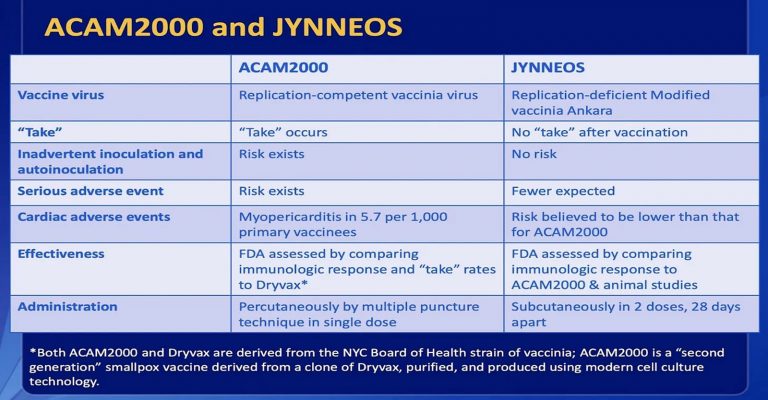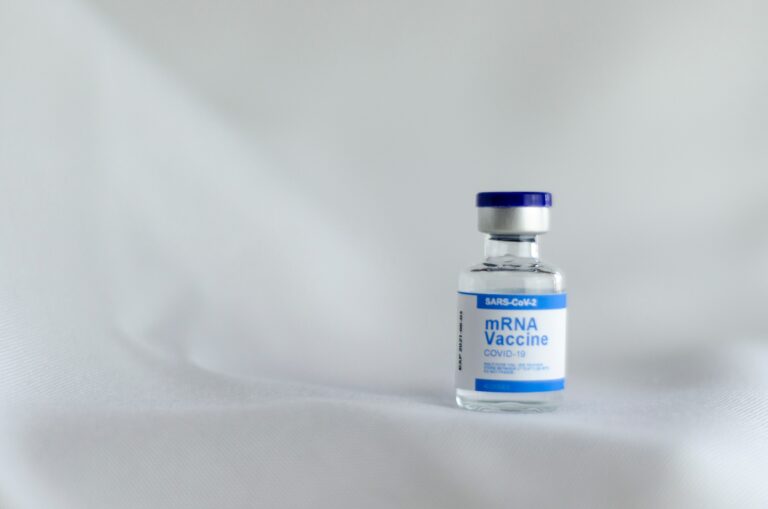CHD Report to Congress Addresses Censorship, Mandates and ‘Distressing State of American Children’s Health’
“COVID-19 Oversight, Accountability and Justice,” a comprehensive report by Children’s Health Defense, delves into the repercussions of the evolving landscape of censorship during the pandemic.
This article was originally published by The Defender — Children’s Health Defense’s News & Views Website.
Children’s Health Defense (CHD) last week sent a letter and report to the U.S. House Judiciary Select Subcommittee on the Weaponization of the Federal Government, highlighting the “unprecedented challenges” the organization has faced as a “direct result of unwarranted censorship and the profound impact it continues to have on our ability to address critical health and safety issues affecting the Nation.”
The CHD letter, addressed to Chairman Jim Jordan (R-Ohio) from CHD President Mary Holland and Vice President Laura Bono, and report were written for the record of the July 20 subcommittee hearing on censorship during which Robert F. Kennedy Jr., CHD’s chairman on leave, testified and in which CHD was mentioned multiple times.
The subcommittee, established on Jan. 10, is charged with investigating alleged abuse of federal authority, including collusion between federal agencies and social media platforms to suppress information contradicting official narratives on COVID-19 origins, policies, treatments and vaccines.
It also investigated the Jan. 6 hearings and the Warren Commission findings. On Wednesday, the subcommittee will hold a hearing on how the U.S. Department of Justice has become politicized and weaponized.
Asserting that “the gravity of censorship cannot be underestimated, especially considering the distressing state of American children’s health,” CHD’s letter highlighted a number of critical data points and studies, including:
- Since the 1970s and particularly since the early 1990s, the number of children diagnosed with autism spectrum disorder has increased exponentially. Autism now affects 1 in 36 American children, up from 2–4 cases per 10,000 children in the 1970s (Lotter, 1966; Rutter, 2005; Treffett, 1970).
- A national study published in the Journal of the American Medical Association (JAMA) in 2010 zeroed in on the deterioration of children’s health over time. From 1988 to 2006, there was a doubling in prevalence of four types of chronic conditions (obesity, asthma, behavior/learning problems and “other” physical conditions), rising from 12.8% to 26.6% of American children and youth.
- A 2011 Academic Pediatrics study “estimated 43% of U.S. children (32 million) currently have at least 1 of 20 chronic health conditions assessed, increasing to 54.1% when overweight, obesity or being at risk for developmental delays are included.”
- 1 in 6 American children ages 2-8 suffer from a developmental disorder. 1 in 10 from attention-deficit/hyperactivity disorder (ADHD), 1 in 12 from asthma, 1 in 13 from food allergies, and 1 in 285 children will be diagnosed with cancer before the age of 20.
- “In 2020–21, the number of students ages 3–21 who received special education and/or related services under the Individuals with Disabilities Education Act (Pub. L. 101-476) was 7.3 million, or the equivalent of 15 percent of all public school students. Among students receiving special education and/or services, the most common category of disability was specific learning disabilities (32 percent).”
In addition to addressing social media censorship, “The Disinformation Dozen” report by the Center for Countering Digital Hate listing Kennedy and CHD and the various ongoing censorship lawsuits, Holland and Bono included a comprehensive report, “COVID-19 Oversight, Accountability and Justice,” that “delves into the repercussions of the evolving landscape of censorship during the pandemic.”
“With this report,” wrote Holland and Bono, “we strive to emphasize the significance of open discourse during times of crisis, especially given that the Constitution was crafted during and for challenging periods.”
The report, supported by 249 references, presents a “series of considerations” for Congress for preserving free speech during a pandemic and around vaccine-related matters in general. Some of the topics include:
- Lack of transparency, accountability, and vaccine safety at federal agencies.
- Regulatory capture by the pharmaceutical industry.
- Costs to children and young people.
- 1.5 million+ vaccine adverse events and deaths reported to the Vaccine Adverse Event Reporting System, or VAERS.
- Mandated lockdowns — a violation of informed consent and bodily autonomy
- Withholding early treatments and natural immunity.
- The World Health Organization and the proposed changes to International Health Regulations.
Read the letter and report here.
This article was originally published by The Defender.
Suggest a correction







